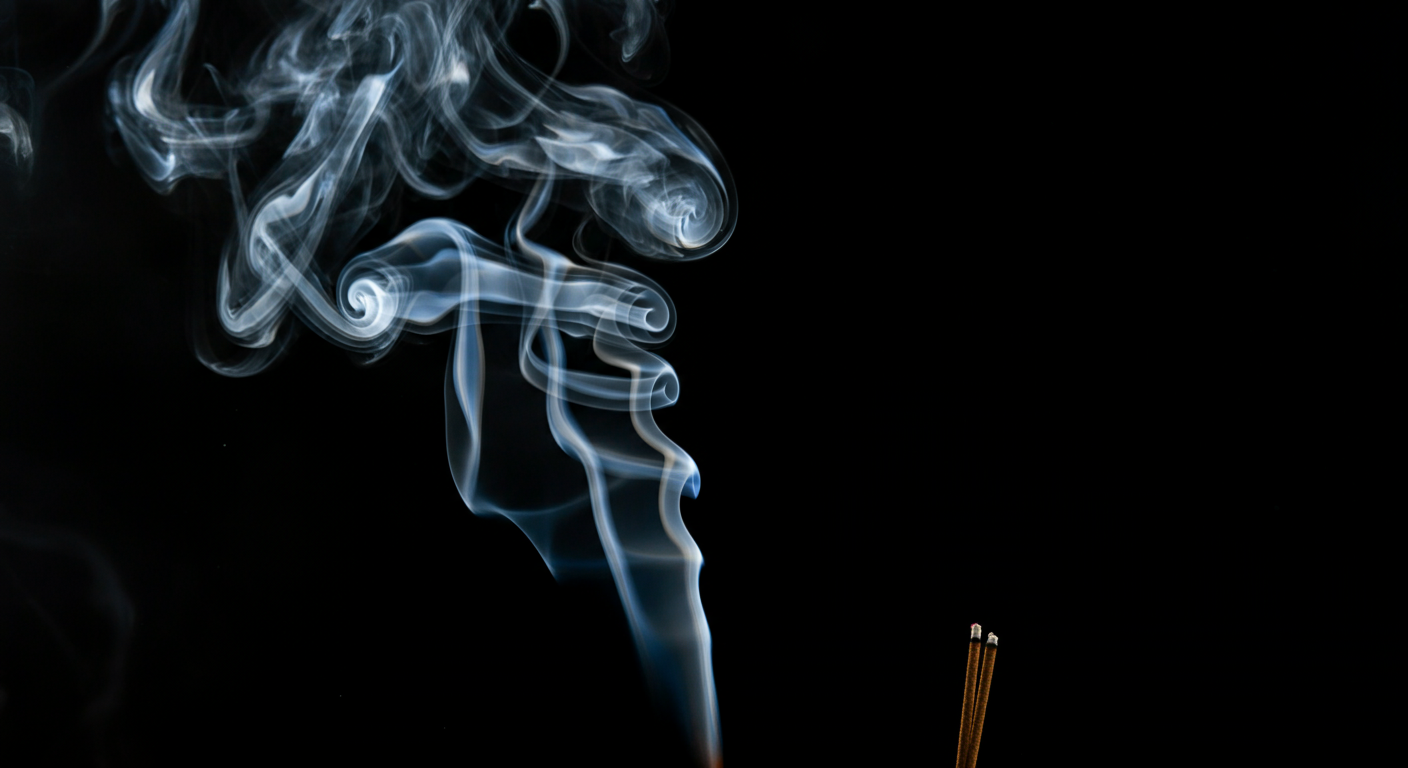
What is Smell Studies?
Smell Studies- The study of smell in literature, history, society, and other domains.
Smell Studies
While the study of smell is nothing new, the term Smell Studies has only recently been applied to define the growing field of research focusing on the sense of smell in a variety of domains. The field of Smell Studies falls under the umbrella of Sensory Studies which encompasses visual culture, auditory culture, smell culture, taste culture, and the culture of touch.
The evolution of the establishment of this field can be traced back to early foundational works that include French historian Alain Corbin’s book The Foul and the Fragrant, originally published in French in 1982, and Constance Classen, David Howes, and Anthony Synnott’s book Aroma: The Cultural History of Smell from 1994. Richard Axel and Linda B. Buck’s 2004 Nobel Prize in Physiology or Medicine award for their discovery of hundreds of odor receptors in the nose also helped to renew a sense of interest in olfaction. Since then, texts like The Smell Culture Reader edited by Jim Drobnick or Past Scents by Jonathan Reinarz have helped to expand the field and make it a source of inspiring and challenging interdisciplinary work. (See website page: Research- Where to start, for more texts considered foundational to the field.)
Today, we are continuing to define Smell Studies and grappling with new possibilities for the field. As interest in olfaction spreads to new fields, growing interdisciplinary work is changing the way we approach the sensorium and reshaping approaches and methodology when thinking about scent, whether in history, literature, neuroscience, or other areas.
The SSG (Smell Studies Graduate Student Working Group) is working to shape the future possibilities of Smell Studies and promoting conversations across institutions from around the world. This website likewise promotes conversation and research on the sense of smell and hopes to be a starting point for anyone interested in learning more about smell or researching this sense.
“While smell may have become “inessential” in the world of science, in the fields of humanities and social sciences it has only begun to show its potential to open vast new territories of exploration. At the very least, it has demonstrated its ability to inspire.”
— Jonathan Reinarz. Past Scents: Historical Perspectives on Smell. 2014. p. 218.